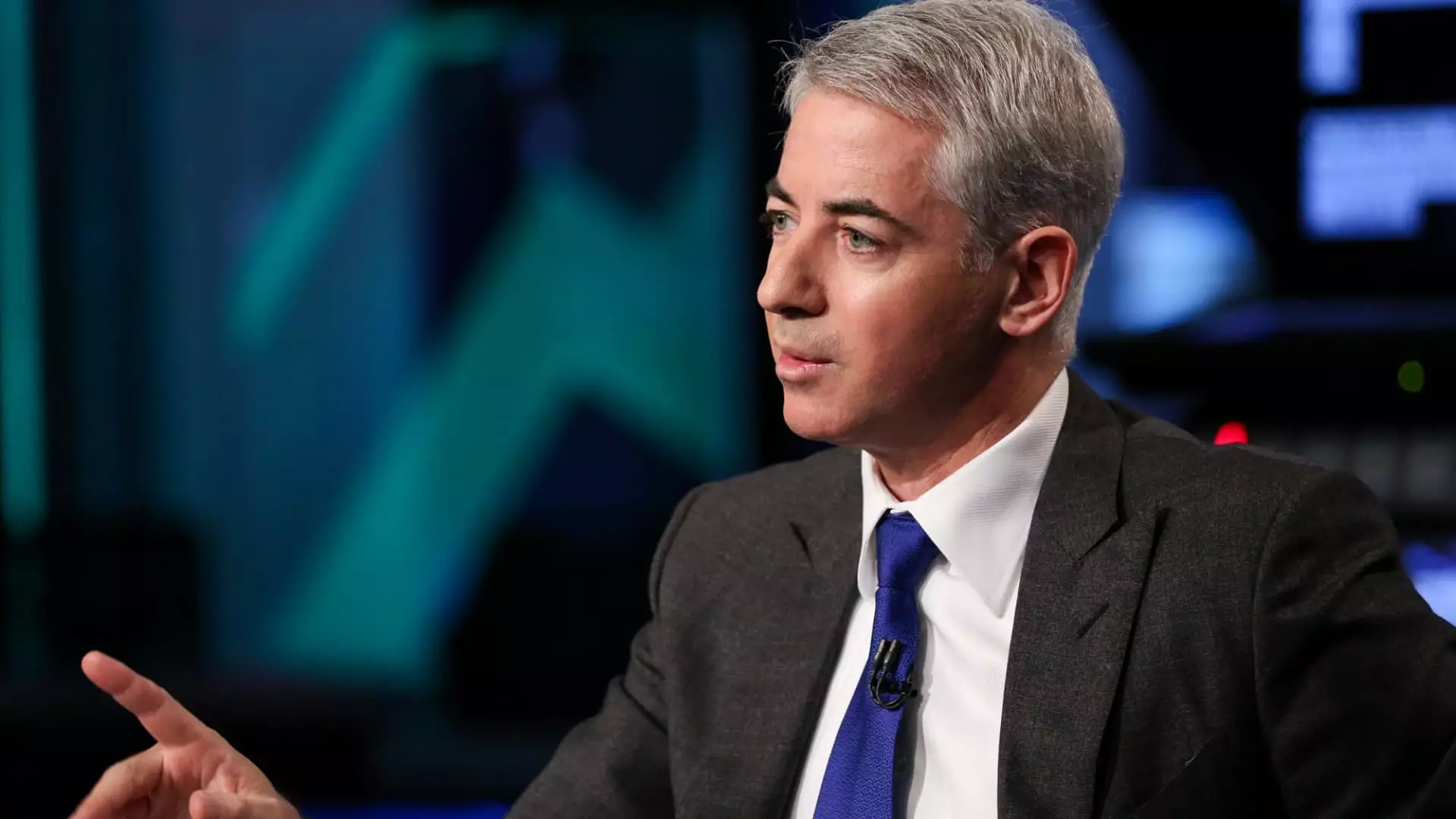The highly anticipated initial public offering of Pershing Square USA Ltd., led by billionaire investor Bill Ackman, has hit a roadblock. The listing of the U.S. closed-end fund, with the ticker PSUS, has been postponed, leaving investors in suspense. Originally set to raise between $2.5 billion to $4 billion, the fund fell short of its $25 billion target stated in a regulatory filing. The delay comes as a surprise, with little explanation from Pershing Square beyond a notice on the New York Stock Exchange’s website.
Closed-end funds, like Pershing Square USA Ltd., operate differently from traditional mutual funds. They sell a fixed number of shares during their IPO and trade on market exchanges after their debut. The price of the fund may not match the net asset value of its shares, leading to trading at a premium or discount. Bill Ackman acknowledged the sensitivity surrounding the size of the transaction in a letter to investors, citing the negative trading history of closed-end funds as a potential hurdle. Ackman emphasized the need for investors to have faith in the fund’s unique structure to see it trading at a premium post-IPO.
Pershing Square, with $18.7 billion in assets under management, focuses on offering a closed-end fund in the U.S. listed on the NYSE, akin to its $15 billion European counterpart, Pershing Square Holdings. Bill Ackman’s decision to establish a publicly traded closed-end fund aims to cater to Main Street investors and potentially pave the way for an IPO of his management company. The fund is expected to invest in large-cap, investment-grade companies in North America, providing investors with exposure to what Ackman defines as “durable growth” companies.
In a public roadshow presentation, Ackman highlighted the benefits of managing permanent capital over traditional hedge funds. He expressed concerns about the constant need for fundraising in hedge funds, where investors can withdraw their capital at any time. Managing permanent capital allows for a more focused portfolio and enables a long-term investment approach. Ackman emphasized the importance of being a long-term investor in businesses, suggesting that the ability to retain capital without the fear of withdrawals can significantly impact investment returns positively.
The delayed IPO of Pershing Square USA Ltd. raises questions about the readiness of the fund to meet investor expectations. Bill Ackman’s decision to postpone the listing and seek a lower fundraising target indicates potential challenges in attracting investors to a new and untested closed-end fund. As the investment landscape continues to evolve, it is crucial for fund managers to address investor concerns and build confidence in their investment strategies to ensure long-term success in the market.

